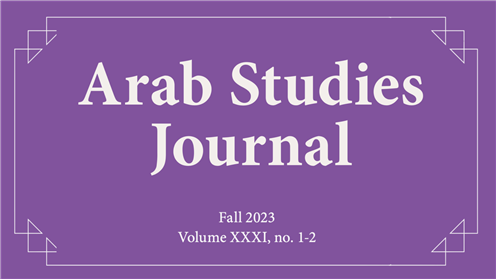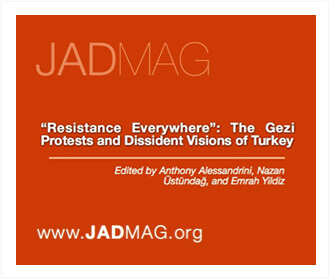Tanya Habjouqa was born in Jordan and educated in the US, receiving her masters in Global Media & Middle East Politics from the University of London, SOAS. Her documentary photography takes viewers through the Middle East`s conflict zones by capturing glimmers of hope, dignity and laughter. All of which--sometimes-- override the region`s emblematic stresses of division and war. She is known for gaining unique access to sensitive gender, social, and human rights stories in the Middle East and is a founding member of Rawiya photo collective. Beginning her career in Texas, she documented Mexican migrant communities and urban poverty before returning to the Middle East. Based in East Jerusalem, she is working on personal projects that explore socio-political dynamics, occupation, and subcultures of the Levant.
Francesca Albanese is an international lawyer with extensive experience in the area of Human Rights Law, Refugee Law and Protection. Her main areas of research and work include the human rights situation of Palestinians, legal and political developments in the Middle East and national institutions to promote and protect human rights. She has worked for 8 years with the United Nations, most recently as legal officer in the UNRWA Department of Legal Affairs in Jerusalem and prior to this, as human rights officer at the Office of the High Commissioner for Human Rights in Geneva. She has extensive experience in advising governments and international organizations including on institutionalizing human rights based approaches and supporting community-based representation and participation. She has contributed to and led numerous UN legal opinions and publications as well as book chapters. Francesca holds an LLM in Human Rights at SOAS (University of London, 2006), an MA in International Management (University of Lecce, 2002) and a BA in Law (University of Pisa, 2001). She is currently based in Washington DC, where she is conducting research on the human rights situation in the occupied Palestinian territory, on Palestine refugees, on developments in the Middle East and on temporary protection.











